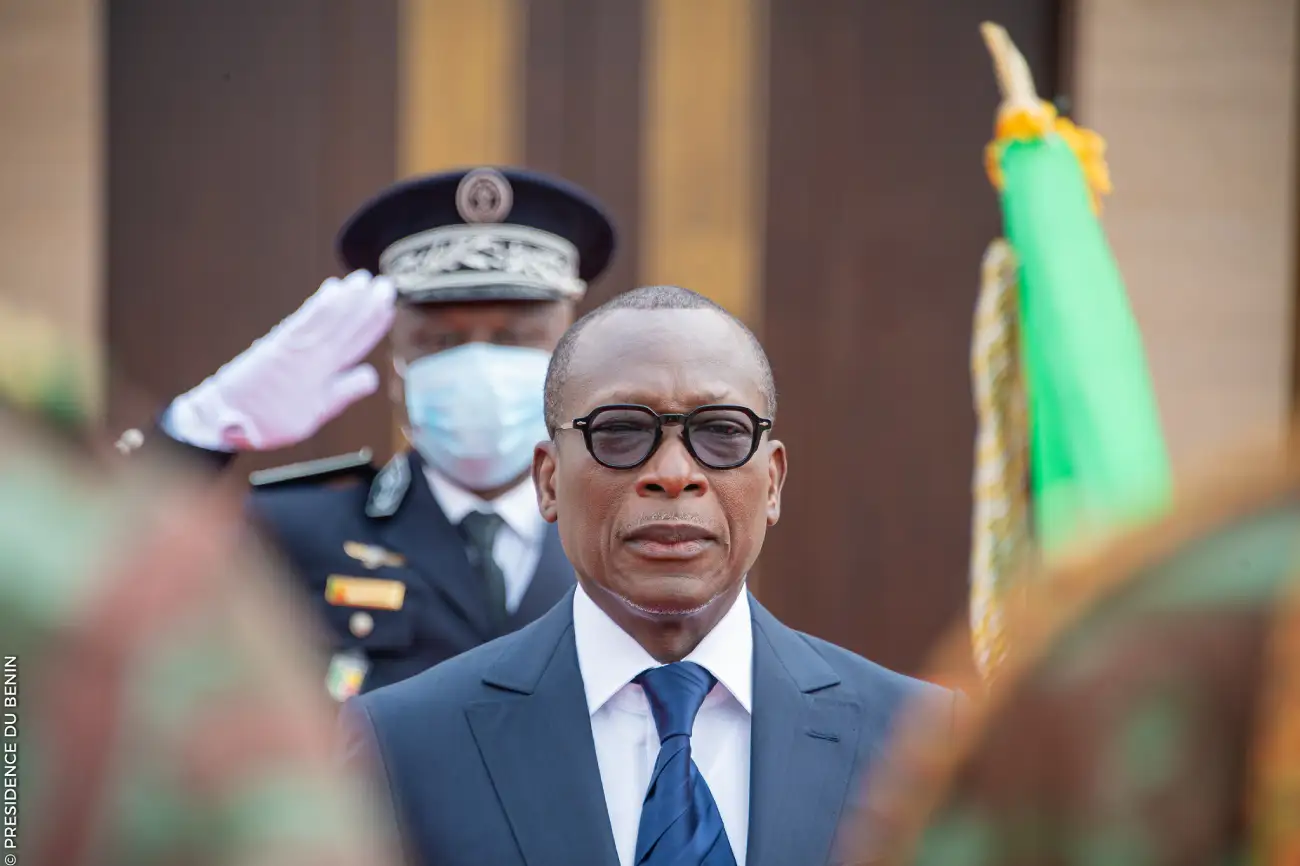Benin – Government finally breaks silence over fallen soldiers
The Beninese government has finally spoken out about its silence following the death of dozens of soldiers in terrorist attacks. Through its spokesperson, Wilfried Léandre Houngbédji, the government defended its decision, saying it deliberately chose not to play into the terrorists’ hands in order to avoid spreading fear among the population.

SUMMARY
Benin lost 54 soldiers during simultaneous terrorist attacks on April 17, 2025, in the country’s northern region. The tragedy sparked public outrage over the absence of a national day of mourning or any symbolic lowering of flags. Responding to growing criticism, government spokesman Houngbédji explained that the country is facing an asymmetrical war—and repeated state ceremonies could inadvertently serve the enemy’s propaganda.
According to the authorities, every life matters, but declaring a national mourning period for each loss would risk creating ongoing symbolic vulnerability. “If it happened 10 or even 50 times a year, should we declare national mourning 50 times?” Houngbédji asked rhetorically.
He pointed out that neighboring countries like Burkina Faso and Niger had initially taken this approach, only to abandon it after witnessing its counterproductive effects: widespread public anxiety, increased resentment, and emboldenment of terrorist groups.
Avoiding symbolic victories for the enemy
Addressing the delays in releasing death tolls, Houngbédji described the complex realities on the ground—bushland attacks, the need to secure and sweep the area, identify bodies, and ensure survivors’ safety. The initial count of eight casualties was later updated to 54, as several soldiers previously listed as missing were confirmed dead.
“We are not on the battlefield,” he said. “The army provides us with verified information, and we speak based on those facts.” According to the government, controlling communication is also a form of resistance—denying terrorists the symbolic victories they seek through fear and media amplification.


Comments